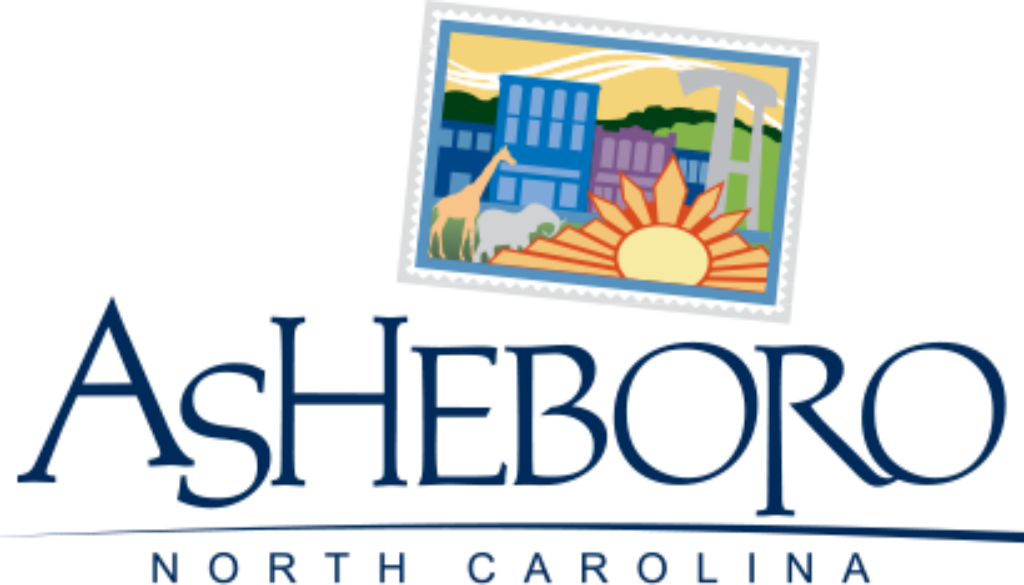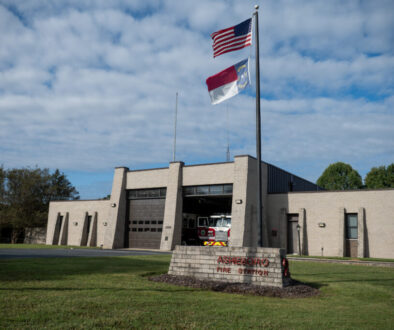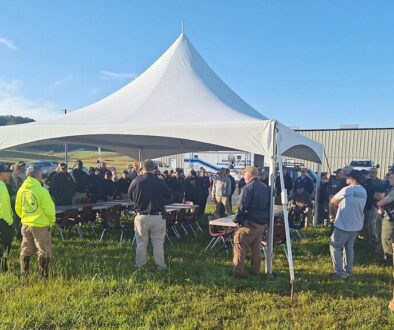Asheboro City Council approves rezoning for multi-family development
ASHEBORO — The Asheboro City Council met in the first week of September for a regular business meeting with two public hearings on the agenda.
The council first held a hearing for a rezoning request for just more than one acre of property located at 129 East Ward Street from General Commercial to Office-Apartment Conditional Zoning for the construction of a multi-family development.
“This request is for a multi-family development with six buildings,” said Justin Luck, planning and zoning director. “These are two-story buildings with one unit on the bottom and one unit on the top for a total of 12 dwelling units.”
According to the site plan, the development will have 31 available parking spaces, a grass section with picnic tables in the front as a recreational area, 6-foot sidewalks and buffers on the sides and rear.
The property is currently a vacant parking lot.
“As a realtor, market rents downtown near the center of the city, we’re constantly striving to do that and I think this fills that,” said Re/Max Central Realty associate H.R. Gallimore, who was representing the applicant. “It’s certainly an improvement over a vacant parking lot.”
The second hearing was for a proposed $10,000 allocation to Downtown Asheboro Inc. for the PRESERVE Asheboro grant program.
The program is administered by Downtown Asheboro Inc. and is intended to encourage historic preservation-based economic development in the downtown area.
“The premise of the program is that rehabilitating historic structures supports the city’s taxbase, serves to enhance quality of life in Asheboro and can help to ensure that any underutilized structures are put back into a productive use before they deteriorate to a point that they present a problem to the community,” assistant city manager Trevor Nuttall said.
The program was launched last year and has already awarded one grant.
To be eligible to apply for the grant, which has a maximum payout of $5,000, the property must lie within the downtown historic district as identified by the National Register and the property owner must make the application for the support.
“These are not construction dollars,” Nuttall said. “These are for consultative services intended to help property owners leverage additional financial resources that may be out there to support a redevelopment project. So it can help a property owner pursue historic tax credits, it can help do the necessary documentation for a historic landmark designation, or even a separate nomination for the National Register.”
The Asheboro City Council will next meet Oct. 9.
 Twitter
Twitter Facebook
Facebook Instagram
Instagram


